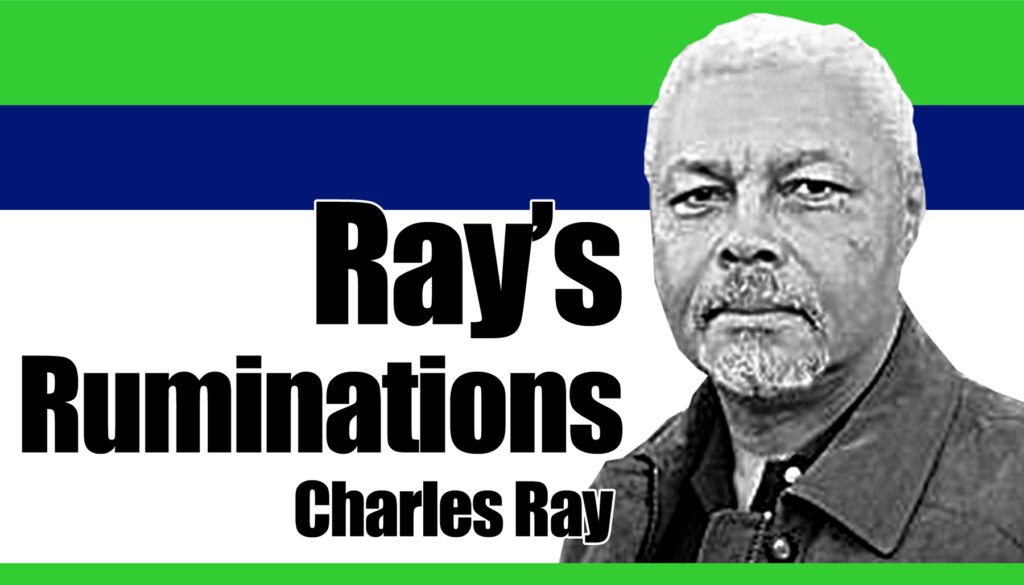
From the arcane habit of tossing salt over your shoulder to avert bad luck when you have spilled salt to avoiding the number thirteen, superstitions have woven themselves into the tapestry of all our lives, often unnoticed, but surprisingly persistent—and prolific.
They cross boundaries of geography and culture, thriving in societies as advanced as Silicon Valley or as rural as a mountain village in Nepal. The resilience of superstitious beliefs begs the question: what is it about these rituals, taboos, and omens that makes them so enduring?
At their core, superstitions are efforts to make sense of the unknown and unpredictable. They often arise in response to uncertainty or danger, acting as a psychological security blanket against the chaos of everyday existence. In the distant past, humans lacked the scientific knowledge to explain things such as storms, disease outbreaks, or eclipses.
In the absence of rational explanations, patterns were intuited from coincidence, and rituals were developed to placate the unseen forces thought to control our fate. The ancient Greeks, for example, thought that sneezing was a sign from the gods, while the Vikings believed that certain omens predicted victory or defeat in battle.
Over time, these beliefs became cultural practice, passed from generation to generation. Some have evident roots in practical wisdom. For instance, walking under a ladder is considered bad luck, a notion that likely began as a warning about the dangers of unstable construction, later gaining mystical overtones as the ladder’s triangular shape was likened to religious symbolism.
Similarly, spilling salt and then tossing a pinch over the left shoulder is a custom that dates back to antiquity, when salt was a precious commodity associated with purity and preservation. In medieval Europe, the left side was thought to be the domain of evil spirits, so throwing salt in that direction was believed to ward them off. That same belief, by the way, is why there are so few tools and weapons fabricated to be used easily by left-handed people.
Why, though, do these beliefs persist, even in societies that prize logic and technology? In the U.S., for example, it’s almost impossible to find a 13th floor in multistory buildings. The answer lies in part in the structure of the human mind. People are natural pattern seekers, with brains that are hardwired to connect cause and effect, even when none exists.
The concept of ‘magical thinking,’ in which people link their actions to outcomes that they can’t control, underpins much of the staying power of superstitions. If someone wins a contest after wearing a favorite shirt, it’s tempting to attribute success to the shirt rather than random chance. Over time, these connections can become embedded, reinforced by confirmation bias, which is the tendency to remember when a superstition ‘worked,’ while forgetting the many times it didn’t.
Superstitions also serve important social and psychological functions. They provide a sense of control over uncertain events, easing our anxieties and offering comfort. In times of crisis, personal, communal, or global, rituals like knocking on wood or crossing fingers provide a semblance of agency, no matter how illusory it might be.
Socially, superstitions can bring communities together, creating shared customs and stories that help to define group identity. Consider how sports teams adopt quirky pre-game rituals, or how wedding ceremonies incorporate traditions to bring good luck and ward off misfortune, such as the groom not seeing the bride before the ceremony begins.
In our modern day, superstitions morph, finding new expressions alongside scientific advances. The avoidance of the number thirteen in hotels and elevators, the popularity of lucky charms, and the proliferation of rituals among athletes and performers all attest to the enduring need for reassurance in an unpredictable world.
Even those who outwardly reject superstition might find themselves compelled to participate ‘just in case,’ acknowledging the quiet power of tradition and imagination.
Ultimately, superstitions are created from the threads of hope, fear, and our yearning to influence fate. Whether they are rooted in ancient myth or modern custom, they persist because they satisfy deep psychological needs, offering meaning and comfort in a universe that is indifferent to our desires. As long as uncertainty exists, so too will the rituals and beliefs that help us navigate it, one pinch of salt, one knock on wood, and one crossed finger at a time. | NWI



